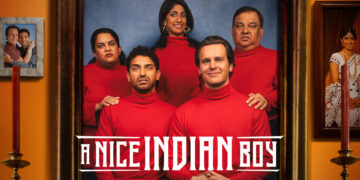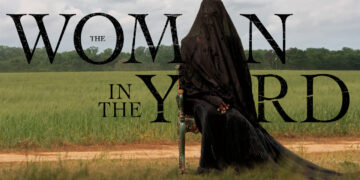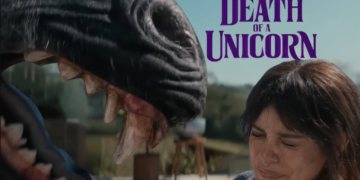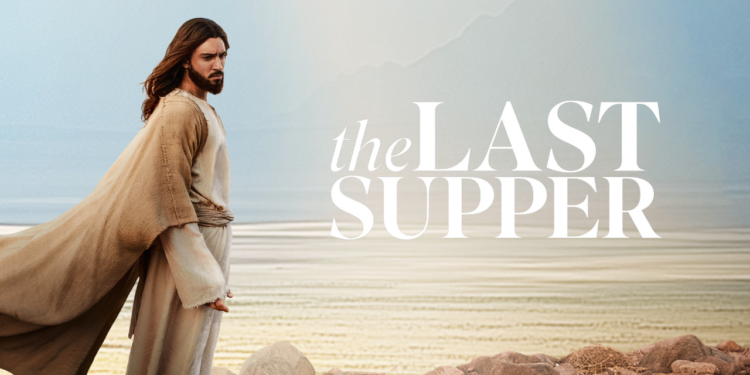We all know the story of Jesus’ final days and his crucifixion. The Last Supper, co-written and directed by Mauro Borrelli, retells this familiar narrative with a strong emphasis on biblical accuracy. With Jamie Ward delivering a compelling performance as Jesus, the film stays true to the essence of the story. While the cinematography is decent—nothing groundbreaking—it remains visually pleasing. The costume design, however, stands out, offering a realistic and well-crafted representation of the time period.
With historical and spiritual films, the challenge isn’t the story itself—we already know how it begins and ends—but rather how it’s presented in a fresh and engaging way. The Last Supper distinguishes itself by blending elements of suspense, thriller, and drama, making it more than just another Christian film. It embraces these genres without compromising its spiritual core, keeping the focus on its message and Jesus Christ’s journey.

Unlike many other portrayals of Jesus’ final day, The Last Supper does not dwell on His crucifixion. While the film does depict the bloodshed, suffering, and cruelty of that day, it spends more time exploring Judas’ suicide—an aspect not often emphasized in traditional Christian films. Personally, having seen many films about Jesus’ life and death, I find that the crucifixion is often the most emotionally powerful moment, the scene that everything builds toward. So, for this film to merely allude to it rather than fully depict it was a letdown.
The Last Supper tells a story we’ve heard before and will undoubtedly hear again. Yet, the way it unfolds varies each time, making it a tale always worth revisiting.



























